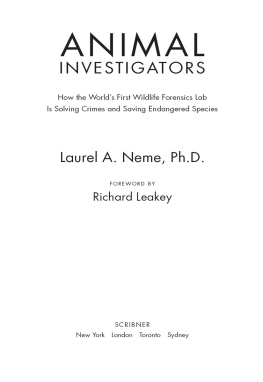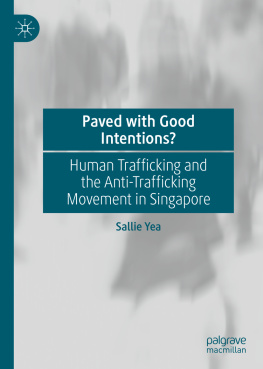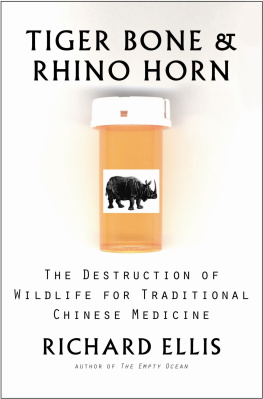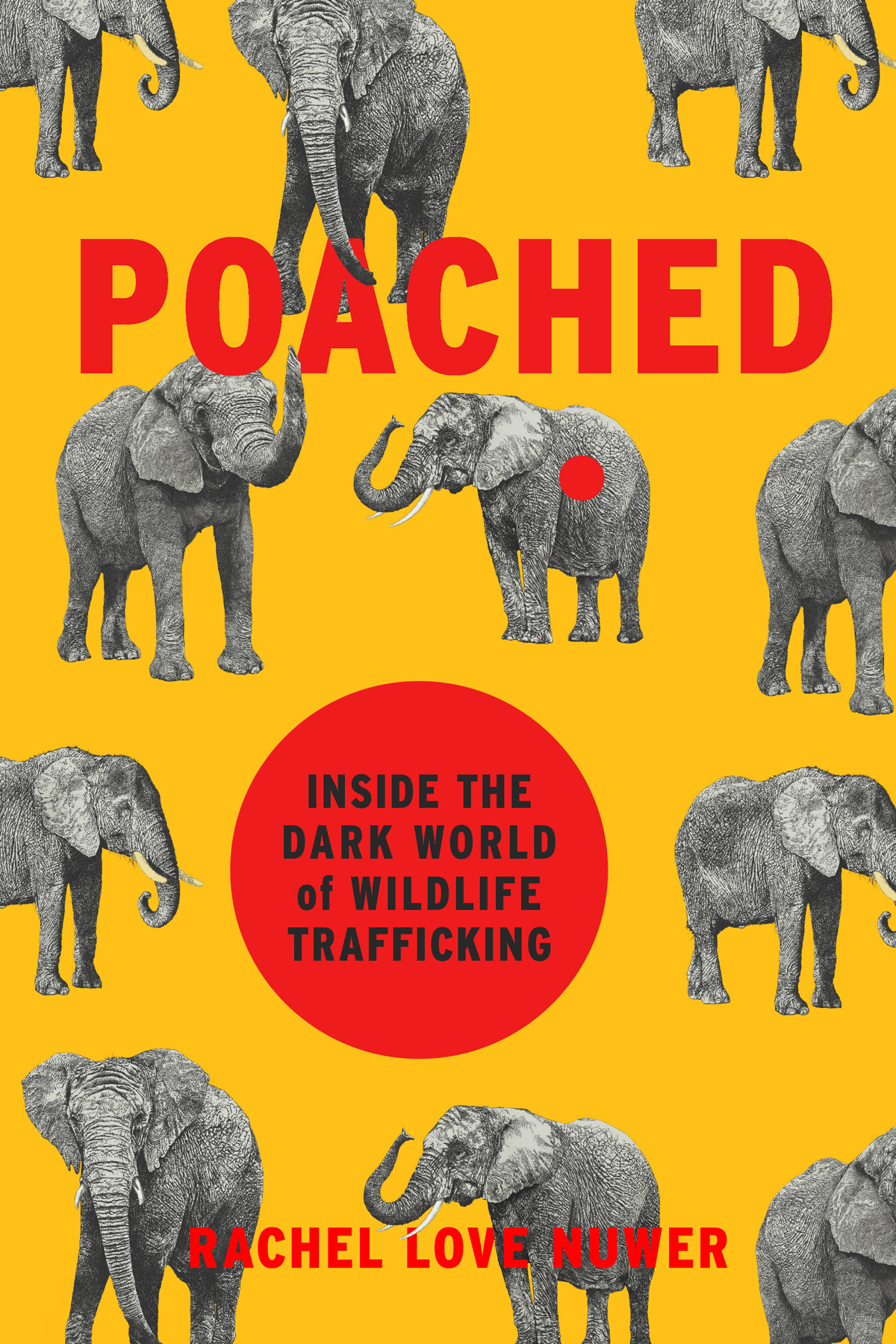Copyright 2018 by Rachel Love Nuwer
Hachette Book Group supports the right to free expression and the value of copyright. The purpose of copyright is to encourage writers and artists to produce the creative works that enrich our culture.
The scanning, uploading, and distribution of this book without permission is a theft of the authors intellectual property. If you would like permission to use material from the book (other than for review purposes), please contact permissions@hbgusa.com. Thank you for your support of the authors rights.
Da Capo Press
Hachette Book Group
1290 Avenue of the Americas, New York, NY 10104
www.dacapo.press
@DaCapoPress, @DaCapoPR
First Edition: September 2018
Published as a Merloyd Lawrence Book by Da Capo Press, an imprint of Perseus Books, LLC, a subsidiary of Hachette Book Group, Inc. The Merloyd Lawrence and Da Capo Press name and logo are a trademark of the Hachette Book Group.
The Hachette Speakers Bureau provides a wide range of authors for speaking events. To find out more, go to www.hachettespeakersbureau.com or call (866) 376-6591.
The publisher is not responsible for websites (or their content) that are not owned by the publisher.
Photo of civet in plastic bag Tim Gerard Barker
Library of Congress Cataloging-in-Publication Data
Names: Nuwer, Rachel Love, author.
Title: Poached : inside the dark world of wildlife trafficking / Rachel Love Nuwer.
Description: Boston : Da Capo Press, [2018] | Includes bibliographical references and index.
Identifiers: LCCN 2018014926| ISBN 9780306825507 (hardcover) | ISBN 9780306825514 (e-book)
Subjects: LCSH: Wildlife crimes. | Wildlife smuggling. | Wild animal trade.
Classification: LCC HV6410 .N89 2018 | DDC 364.16/2859dc23
LC record available at https://lccn.loc.gov/2018014926ISBNs: 978-0-306-82550-7 (paperback), 978-0-306-82551-4 (e-book)
E3-20180808-JV-NF
To Mom, who taught me to love the animals
Dont tell anyone, but we just got word that Vietnams last Javan rhino was found dead with its horn hacked off.
I had little idea of what my colleague was talking about, but I had a sinking feelinga sense that something much bigger and more sinister was at play. It was April 2010, and I was in Vietnam carrying out scientific research on how people living near two national parks use the forest, animals included. Rhinos, however, were well above my pay grade. My knowledge of illegal wildlife trade was confined to the interviews I conducted with a few local hunters and to the exotic meat that many rural people told me they loved.
As the details of the rhinos story unfolded, however, my fearsand morbid curiositygrew. The rhino had lived for many years alone in Vietnams Ct Tin National Park. And by alone, I mean really alone. Surveys confirmed that, in all of mainland Asia, she was the only one left of her kind. Fate finally caught up with her, though, when a hunter took aim, shot her through the leg and hacked off her hornmost likely while she was still alive. As the culprit absconded with his prize, Vietnams last rhino laid her head down in the mud and died.
Why did her killer go to such lengths to find her, and why hadnt she been better protected? What did people want with her horn, and what, if anything, was being done to prevent them from getting their hands on that forbidden material?
It was these and similar questionsnot only for rhinos, but also for elephants, pangolins, bears, tigers, songbirds, tortoises, and morethat ultimately compelled me to pivot from a career in conservation ecology to one in journalism. I thought I could do more for these disappearing species by spreading the word about their plights than by conducting research on them. People cant care about something they do not know exists. But perhaps if they knew, for example, that there are just fifty or so Javan rhinos remaining in the worldand that the last one living in Vietnam died a sorry, sad death, driven purely by human greedwe could do more to save such species from extinction.
As my journalism career ramped up, I followed and contributed to the creeping coverage about the illegal wildlife trade. I knew that virtually every country in the world now played a role and that organized criminal groups were increasingly calling the shots. Animal trafficking had grown to become a $7- to $23-billion industry, to the point that it ranked just behind drugs, arms, and human trafficking as the most lucrative of contraband industries.
I also became familiar with the mind-numbing statistics about impending species extinctions. Just 30,000 rhinos are left globally, and more than 1,000 are killed for their horns each year. Likewise, in just seven short years, 30 percent of all savannah elephants have disappeared, mowed down with bullets so that poachers can collect their ivory. Meanwhile, fewer than 4,000 tigers are left in the wild, but there are far more in captivitymany of which are raised for their body parts and meat like cattle. And pangolinsthose adorable, oddball scaly anteaters that have taken the Internet by stormhave become the worlds most trafficked mammal, with a million slaughtered over the past decade.
But where was it all headed?
This question ultimately led me to Poached. There would be interviews with experts and rigorous coverage of the scientific findings, yes, but to find the answers I was looking for, I would absolutely have to go to the field, to the very places where the elephant and rhino killings are taking place, where pangolins are being butchered, and where the law is being flouted.
The end result is not exhaustiveI was constrained by the usual money, time, and logistics woes of any journalistic undertakingbut my investigation did encompass the major themes shaping the illegal wildlife trade today. It also drove me to four continents and twelve countries in just under a year, from Chadwhere paranoid friends warned me Id be kidnapped but where one of Africas most unlikely elephant success stories is under wayto my original research site in Vietnam, where I joined a hunter in the forest as he stalked his endangered prey. Sometimes, I was forced to go undercover: in China, I secured an offer of a bag of illegal pangolin scales in a dark side alley, under the guise of helping my sister produce breast milk. But, more often than not, I found that even criminals were willing to speak with meincluding the Thai man sentenced to forty years in a South African prison for plundering the nations wildlife, who confessed to me, his voice shaking, that hes been abandoned by his boss and former collaborators. And the rhino horn user in Hanoi who brought some along to dinnernever mind that its highly illegaland told me that he doesnt care if all rhinos go extinct, just before offering me a shot of ground horn mixed with alcohol.
Going into this project, I thought I knew a thing or two about the illegal wildlife trade. I was shocked, though, by the amount I had to learn not only about trafficking itself but about the conservation world, which is full of interpersonal drama and decades-long infighting. At times, I found myself despairing that corruption, bureaucracy, petty jealousies, and simple apathy will prevent us from making headway before its too late.
But then Id meet yet another person who has given his or her life to this cause and who has made a difference in spite of what seem like insurmountable odds. Theres Jill Robinson, whofollowing a life-changing encounter with a caged bear in a dark basementrescued hundreds of animals and helped to end bear bile farming in Vietnam. And Nguy


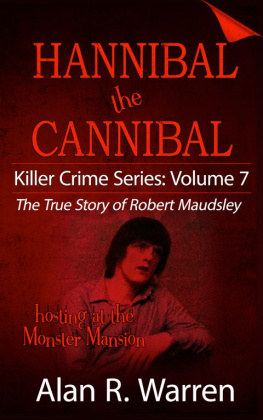
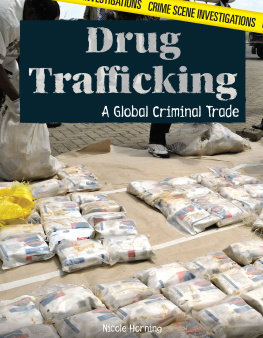
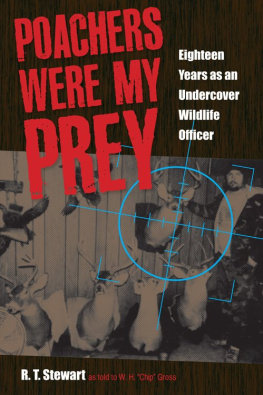
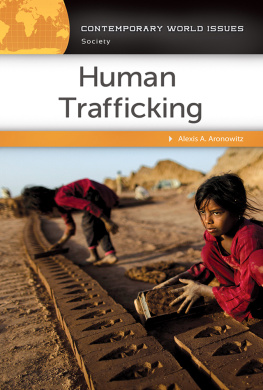
![Reichel - Global Crime: an Encyclopedia of Cyber Theft, Weapons Sales, and Other Illegal Activities [2 Volumes]](/uploads/posts/book/262750/thumbs/reichel-global-crime-an-encyclopedia-of-cyber.jpg)
